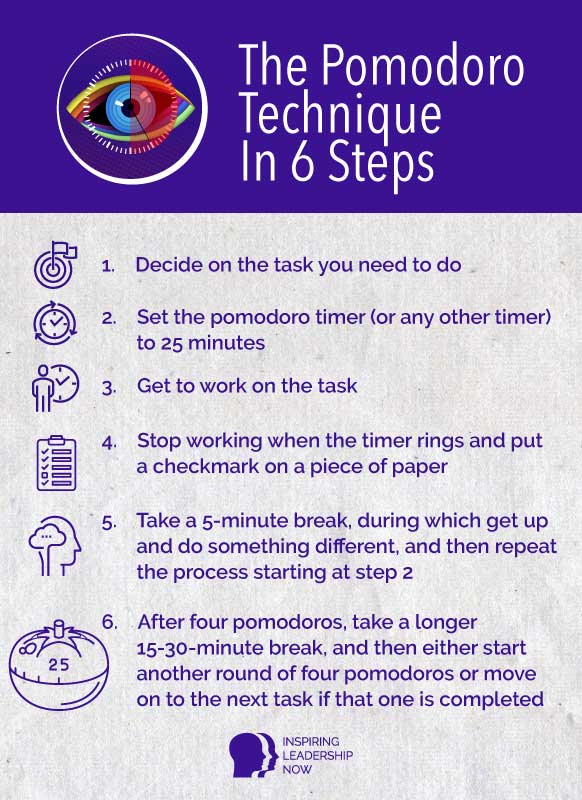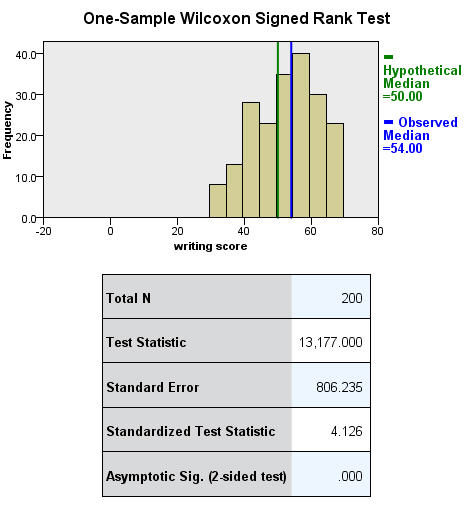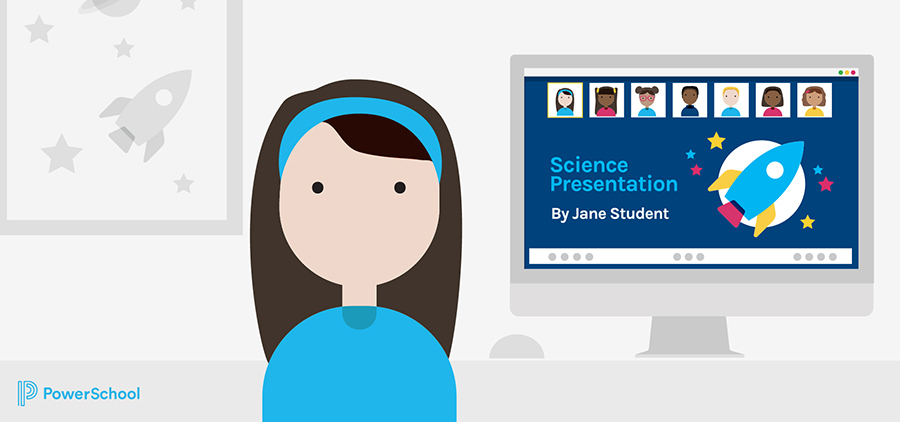
Literature Review Tools
Zotero: An Overview
Zotero is a powerful tool that helps researchers organize, cite, and share research materials effortlessly. It allows users to store references, PDFs, and notes in one place, making the literature review process more streamlined.Mendeley: Key Features
Mendeley stands out for its social networking features where researchers can collaborate, share findings, and discover new content. With Mendeley, users can easily generate citations, annotate documents, and access their library from anywhere.
Note-Taking Apps
Evernote: Benefits for PhD Students
Evernote offers a user-friendly platform for organizing research notes efficiently. It provides seamless syncing across devices allowing easy access to information on the go.Microsoft OneNote: Organizational Capabilities
Microsoft OneNote enables users to create organized notebooks for various subjects or projects. Its intuitive interface makes it easy to structure ideas and findings effectively.
Productivity and Focus Tools
Pomodoro Technique: Time Management Method
The Pomodoro Technique is a popular time management method that breaks work into intervals with short breaks. It helps individuals stay focused and maintain productivity throughout the day.Focus@Will: Music for Concentration
Focus@Will provides curated music tracks designed to enhance focus and concentration while working or studying. It offers a variety of genres to suit different preferences, creating a conducive environment for deep focus.
Data Analysis Software
SPSS: Statistical Analysis Software
SPSS is a powerful tool for statistical analysis, widely used in research and data analysis. It offers a user-friendly interface with a range of features for analyzing and visualizing data effectively.R: Programming Language for Statistical Computing
R is a versatile programming language specifically designed for statistical computing and graphics. It provides a wide array of packages and functions for advanced data analysis, making it ideal for researchers and analysts alike.
Reference Management Systems
EndNote: Citation Management Tool
EndNote is a widely-used citation management tool that helps researchers organize references and generate bibliographies efficiently. With its user-friendly interface and extensive database compatibility, EndNote streamlines the process of citing sources in academic writing.RefWorks: Simplifying Bibliographies
RefWorks is a bibliographic management service that simplifies the creation of citations and bibliographies. Offering features like cloud-based storage, collaboration tools, and seamless integration with various databases, RefWorks enhances research productivity by automating the citation process effectively.
Collaboration Platforms
Google Drive: Cloud Storage and Collaboration
Google Drive provides users with cloud storage for files as well as collaborative tools such as Google Docs, Sheets, and Slides. This platform allows research teams to work on documents simultaneously, track changes easily, and access files from anywhere with an internet connection.
Slack: Communication for Research Teams
Slack offers a chat-based communication tool designed to enhance collaboration within research teams. With features like direct messaging, file sharing capabilities, and integrations with other tools like Google Drive and Dropbox, Slack facilitates seamless communication and project coordination among team members.

Writing and Editing Tools
Grammarly: Writing Assistant Tool
Grammarly is a helpful writing assistant tool that offers grammar, spelling, and punctuation checks to enhance the quality of academic writing. With its intuitive suggestions and explanations, Grammarly helps researchers improve their writing skills and ensure clarity in their manuscripts.LaTeX: Typesetting System for Academic Writing
LaTeX is a typesetting system commonly used for technical and scientific documents in academia. Known for its precision in formatting equations, figures, and references, LaTeX aids researchers in producing professional-looking papers with ease. Its versatility makes it a popular choice among scholars for scholarly communication.
Presentation Tools
Microsoft PowerPoint: Creating Engaging Presentations
Microsoft PowerPoint is a versatile tool for creating engaging presentations. It offers a wide range of design templates, animations, and multimedia integration options to help researchers effectively convey their findings. With user-friendly interface and powerful features, PowerPoint simplifies the process of presenting complex data in a visually appealing manner.Prezi: Dynamic Presentation Software
Prezi is dynamic presentation software that enables researchers to create interactive and captivating presentations. By allowing nonlinear storytelling through zooming interfaces, Prezi adds an element of creativity to academic talks. Its cloud-based platform facilitates easy collaboration and sharing of research insights in an engaging way.
Conclusion
The use of tools like Microsoft PowerPoint and Prezi can greatly enhance the presentation skills of PhD students, making their research findings more impactful and engaging. By utilizing these dynamic platforms, students can effectively communicate their ideas in visually striking ways.
Comments
Post a Comment